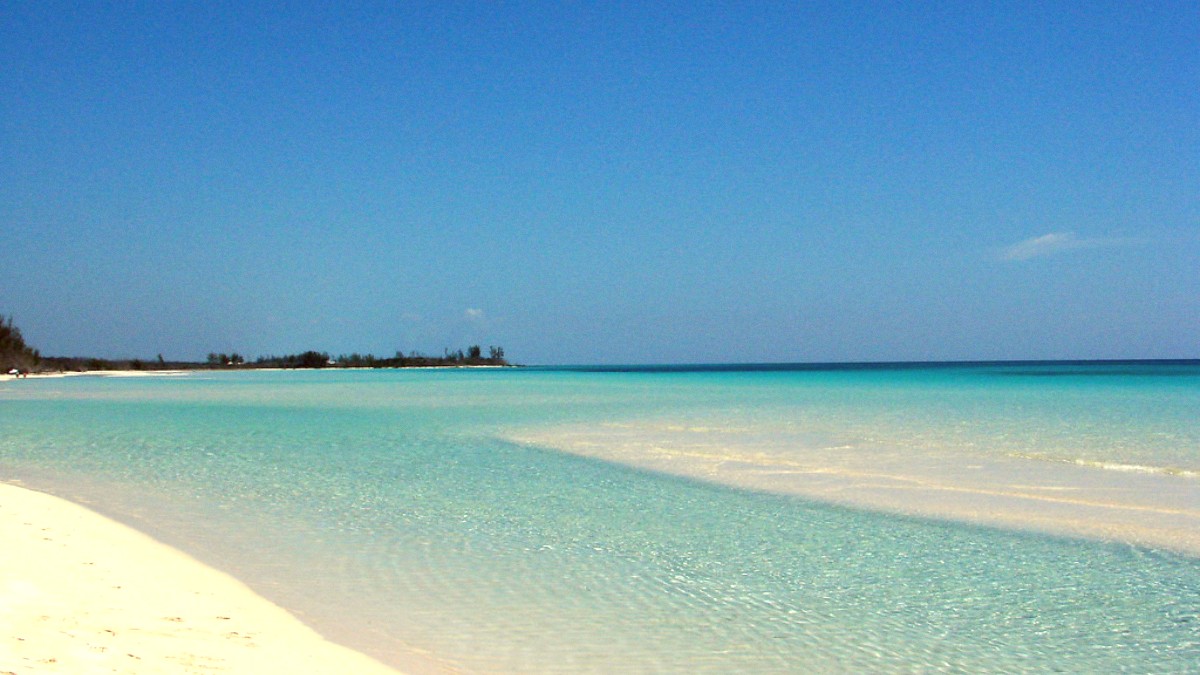
The Bahamas
Grand Bahama International Airport (FPO) in Freeport is the main airport. It handles international and domestic flights. Several airlines offer service to FPO.
Direct flights to Grand Bahama are mainly available from select hubs in Florida (Fort Lauderdale, Miami, Orlando). Some seasonal direct flights originate from Charlotte, North Carolina, and Canadian cities (Toronto, Montreal).
Flight frequency and prices increase during the high season (December-April). Expect higher fares during major holidays. Prices are generally lower during the low season (July-October).
FPO is a smaller international airport. Facilities include car rental desks, taxi stands, duty-free shops, a few eateries, and currency exchange services. Wi-Fi is usually available.
Taxis are available outside the terminal. Hotel shuttles are pre-arranged. Car rentals are an option. Jitneys are not a main option directly from the airport due to luggage.
A valid driver's license from your home country. Many rental companies require drivers to be at least 21 or 25 years old.
Vehicles drive on the left side of the road in The Bahamas. Steering wheels are typically on the right in rented vehicles.
Main roads in Freeport and Lucaya are generally well-maintained. Roads outside these areas can be unpaved, poorly lit, or have potholes.
Grand Bahama is a popular destination for sea arrivals. Freeport Harbour (Lucayan Harbour) serves as the main port for cruise ships and passenger ferries. It is a busy commercial and passenger hub.
Immigration procedures at seaports are similar to air arrivals. A valid passport and completion of an immigration card are needed. Cruise passengers have streamlined procedures managed by the cruise line.
Prepare for a smooth departure from Grand Bahama.
Ensure you allow enough time for check-in and security processes.
Grand Bahama does not have a metro or tram system. The main public transportation consists of shared minivans known as "jitneys" or simply "buses." These are private vehicles operating on fixed routes.
Taxis provide a convenient way to get around Grand Bahama, especially for direct trips or when carrying luggage. Taxis are plentiful in tourist areas, including the airport and Port Lucaya Marketplace.
Port Lucaya Marketplace is very pedestrian-friendly. Resort grounds are designed for walking. Beaches are ideal for leisurely strolls.
Limited dedicated bicycle lanes. Cyclists share roads with vehicles. Bicycle rentals available from hotels or local shops for short distances.
Car rentals are available from major companies at FPO. Scooter rentals are available, but motorcycle rentals are less common.
Renting a car offers freedom to explore Grand Bahama at your own pace. Practice driving on the left side in a less busy area first.
Drive on the left side of the road. Seatbelts are mandatory for all occupants. Speed limits are typically 45 mph (72 km/h) on main roads and 25 mph (40 km/h) in residential and commercial areas.
Tour operators offer various sightseeing tours by bus or van, often stopping at major attractions.
Connect Port Lucaya Marketplace to Taino Beach and Bell Channel Bay area for scenic transport.
Numerous options for fishing, snorkeling, diving, or visiting nearby cays like Peterson Cay.
Allocate enough time for airport procedures, especially during peak travel seasons.